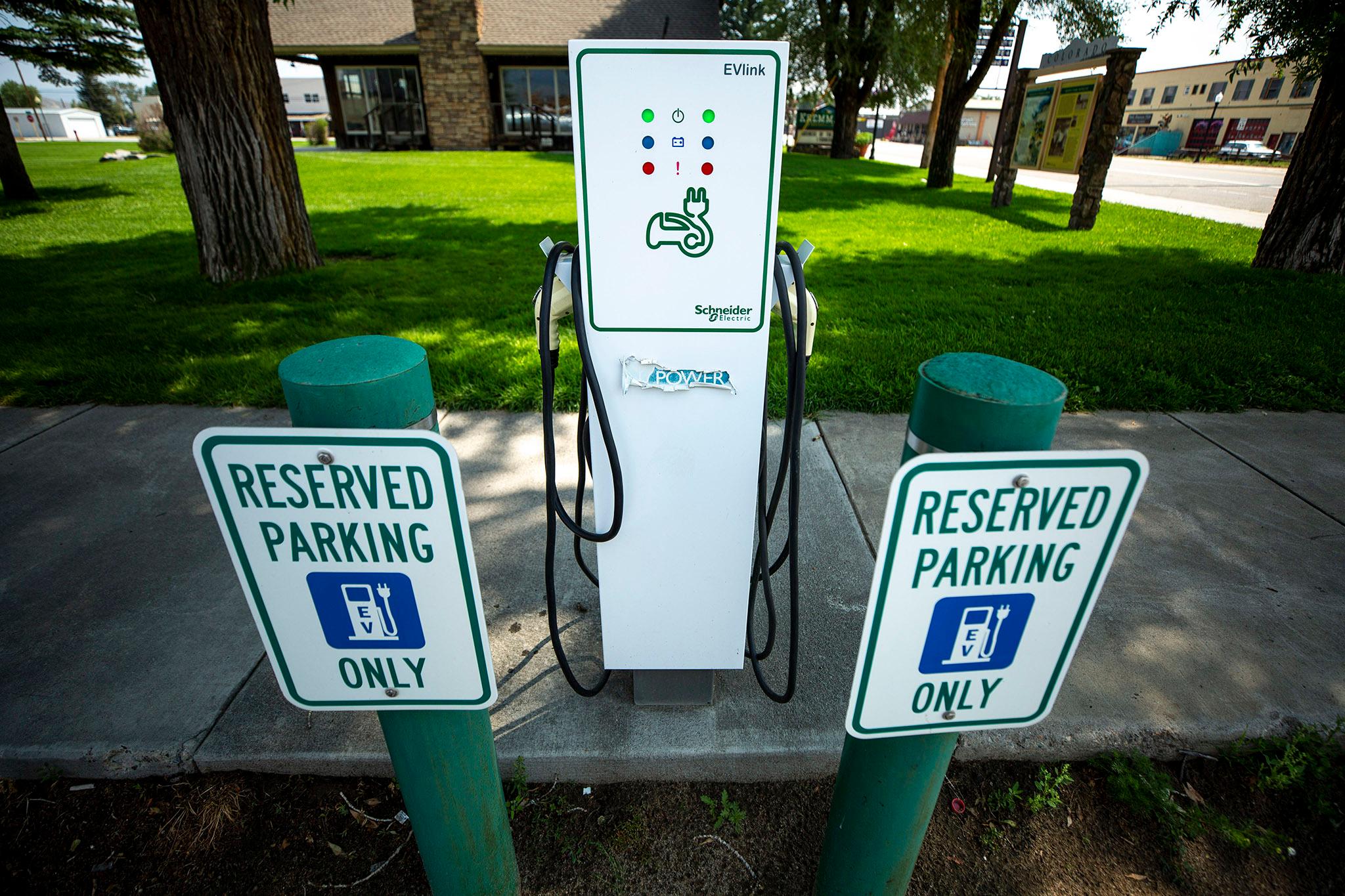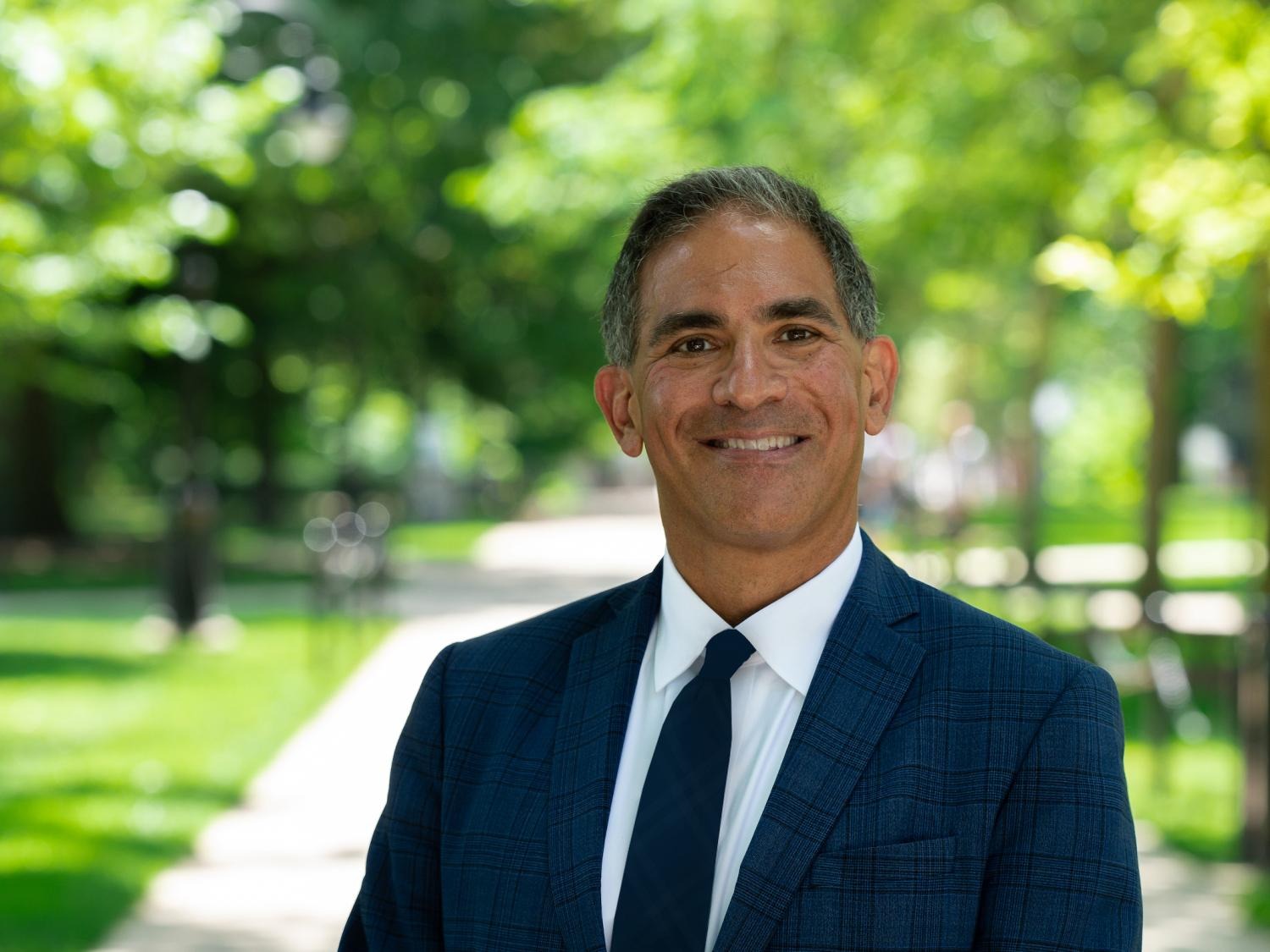
Xcel Energy has a new suite of programs to supercharge Colorado’s switch to electric vehicles. To make the plan work, the state’s largest power company has also tailored the new incentives to help its lower-income customers ditch their gas-powered cars and trucks.
The plan is a crucial piece of the state’s efforts to improve air pollution and combat climate change. At the same time, the programs mark a new direction for the investor-owned utility. After decades of supplying energy for buildings, it’s clear Xcel Energy will compete with gas stations to power transportation.
The new programs include:
- A $5,500 rebate on a new electric car and a $3,000 rebate on a pre-owned car, so long as the price tag does not exceed $50,000. To qualify, Xcel customers must be enrolled in specific government assistance programs, have a household income below 60 percent of the state median, or meet other income benchmarks. Customers can combine the rebate with federal tax credits, but not the state tax credit.
- A subscription for a home electric vehicle charger. Customers can pay $13.29 per month to have the company install and maintain a high-voltage charger. If a home lacks the proper wiring for a hookup, the company also offers a $500 rebate for electrical work. Low-income customers can qualify for a $1,300 rebate.
- Electric vehicle chargers for apartments and condos. Building owners or developers can pay a monthly fee to have Xcel build and maintain electric vehicle chargers for residents. Rebates are also available for new developments.
- Electric vehicle chargers for workplaces. A similar program for businesses that want Xcel to build and maintain chargers.
- Fleet electric vehicle assistance. Xcel will help businesses, governments and other organizations shift to electric vehicle fleets. The company will offer a free assessment for companies and rebates for vehicle chargers.
Xcel Energy detailed the programs in an announcement on Thursday. In total, the company estimates the programs will add about 20,000 charging plugs in Colorado over the next three years. The company also said the program aligns with Gov. Jared Polis’ goal to have 940,000 electric vehicles on the road by 2030.
“The programs we’ve put out are so we can make driving electric cars accessible for all of our customers,” said Alice Jackson, president of Xcel Energy Colorado
A 2019 law is the main reason the suite of programs is now possible. The bipartisan legislation allowed utilities to submit plans to build new vehicle charging infrastructure and recover the costs from ratepayers.
Xcel Energy’s first steps to take advantage of the opportunity raised concern among consumer advocates and lawmakers. Internal emails released to the Colorado Public Utility Commission showed the company hashed out a plan for a $30 million electric vehicle rebate with the Colorado Energy Office. The plan would have offered $4,000 for all new electric cars and $1,500 more for income-qualified buyers.
Regulators later panned the effort, saying it would force ratepayers to help pay for expensive cars.
In the end, the utility commission approved a three-year, $110 million program with $5 million in incentives for low-income customers. To pay for the plan, Xcel started charging a fee on its Colorado electricity customers last March. According to the Xcel Energy website, it amounts to about 29 cents per month for a typical household customer.
- Driverless Electric Shuttles Are Bussing The Future To The Colorado School Of Mines In Golden
- Right Now, The Federal Government Blocks Colorado From Adding EV Chargers To Rest Areas. But That May Change Soon
- Ford And BMW Invest In Colorado Startup To Power The Next Generation Of Electric Cars
- How The Mayor Of Salida Got Caught In The Battle Over Electric Car Chargers
Jackson said the additional money will go toward a broad push in electric vehicles. The program is specifically designed to place more chargers in low-income areas and places impacted by pollution. The rebate for used electric cars is also among the most generous in the country, according to a survey by ClipperCreek, an electric vehicle supply company.
“Nobody’s going to be subsidizing somebody else’s high-cost electric vehicle,” Jackson said. “The program is designed so all of our customers will benefit from these investments.”
While it might seem counterintuitive, there’s also a chance the plan could result in lower electricity bills.
That’s because electric car drivers tend to recharge overnight. Since most people have already turned out their lights and washing machines, the grid can easily deliver the additional energy without vast new investments from the utility company. Studies suggest the extra revenue can, in turn, bring down costs for other customers.
Travis Madsen, the transportation program director at the Southwest Energy Efficiency Project, expects the benefits of electric vehicles will cover the fee to pay for the programs and not just for people who end up buying electric cars.
“The money that would normally go to gas stations instead goes to the electricity grid. That has benefits for everyone in terms of lower electricity bills,” Madsen said.








